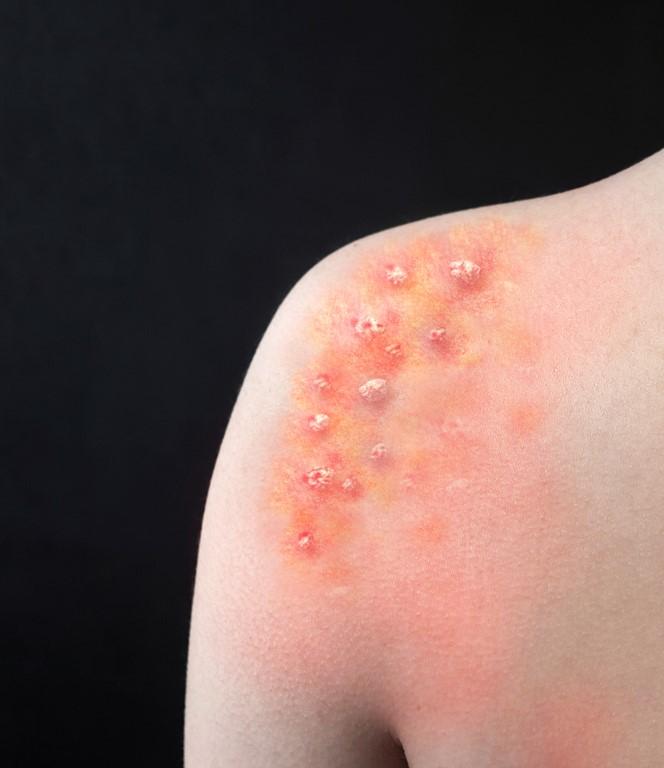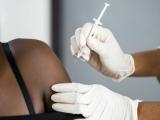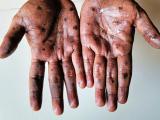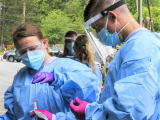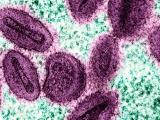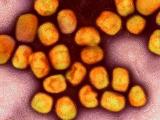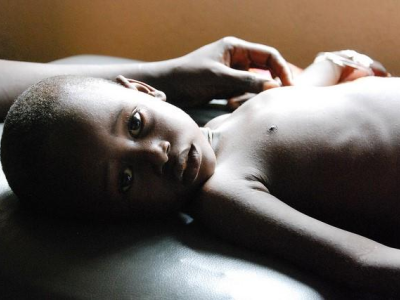Today the Senate Health, Education, Labor and Pensions (HELP) Committee met for the first time to address the federal response to the US monkeypox outbreak, and Centers for Disease Control and Prevention (CDC) Director Rochelle Walensky, MD, MPH, addressed the rocky federal start of outbreak response but noted that cases are now declining.
She also highlighted CDC outreach at a time when the disease was brand new to most frontline clinicians.
Early missteps, declining cases
Sen Richard Burr, R-North Carolina, opened the hearing by saying the federal response has been a failure. He also said the CDC is an agency unwilling to change and think outside the box for infectious disease threats.
Sen Patty Murray, D-Washington, said too many missteps across federal agencies led to a few hundred cases growing to more than 20,000 over the course of the summer.
"It is unacceptable to communities that already experience difficulties accessing healthcare, like the LGBTQ+ communities," she said.
Murray said many people experienced significant delays in accessing tests and getting results. She asked Walensky why testing was so challenging during the first weeks of the outbreak.
Walensky said patients and clinicians likely did not recognize this new infection early on, which has largely been unseen in the United States. She also said people were requesting tests with no symptoms or rash, and the current test requires swabbing active lesions.
"To address these access issues, we had to work with clinicians, we had to do an extraordinary outreach so providers would know how to test and patients would know when to come in to test," she said. Walensky also said the nation has continued to grow its capacity to test for the virus, and partnered with commercial labs to expedite testing.
In her testimony, Walensky said the outbreak is slowing substantially in the country.
"We approach this news with cautious optimism," she said.
The United States has the world's largest monkeypox outbreak, with 22,630 cases confirmed by the CDC as of yesterday. All 50 states have recorded cases.
Sustained spread still in MSM communities
Walensky also said the disease is still largely seen in networks of men who have sex with men (MSM), a message echoed by the World Health Organization (WHO) today in a report on global outbreak trends.
To date, 22 people have died worldwide during this outbreak, the WHO said, but there is no evidence of sustained spread outside MSM communities.
Weekly global cases declined 3.2% last week, with most of the cases reported from the Americas and Europe. Ten countries, with the United States at the head of the pack, account for more than 87% of cases. The next most-affected countries are Spain (6,947), Brazil (6,033), France (3,785), The United Kingdom (3,552), Germany (3,547), Peru (1,937), Canada (1,321), the Netherlands (1,195), and Colombia (938).
The country reporting the highest increase in the past week was Mexico. In the past week 24 countries reported an increase in the weekly number of cases. In contrast, 33 countries have reported no new cases in the past 21 days.
During a media briefing today, WHO Director-General Tedros Adhanom Ghebreyesus, PhD, said, "The downward trend in the global monkeypox outbreak is continuing. But as with COVID-19, this is not the time to relax or let down our guard."
ECDC report shows no major changes
The European Centre for Disease Prevention and Control (ECDC) today posted a monkeypox situation update. The three countries reporting the highest 7-day average for new daily case are Luxembourg, Spain, and Austria. Cases are decreasing in 10 countries and rising in 9. Latvia, Slovakia, and Portugal have the largest decreases.
"Cases of MPX continue to be reported primarily among men who have sex with men (MSM) aged between 18–50 years," the ECDC said. "Although some severe cases (including encephalitis) have been reported during the current outbreak, the impact of the disease remains low for most cases."
Three people in Europe have died from the disease, the ECDC said.
